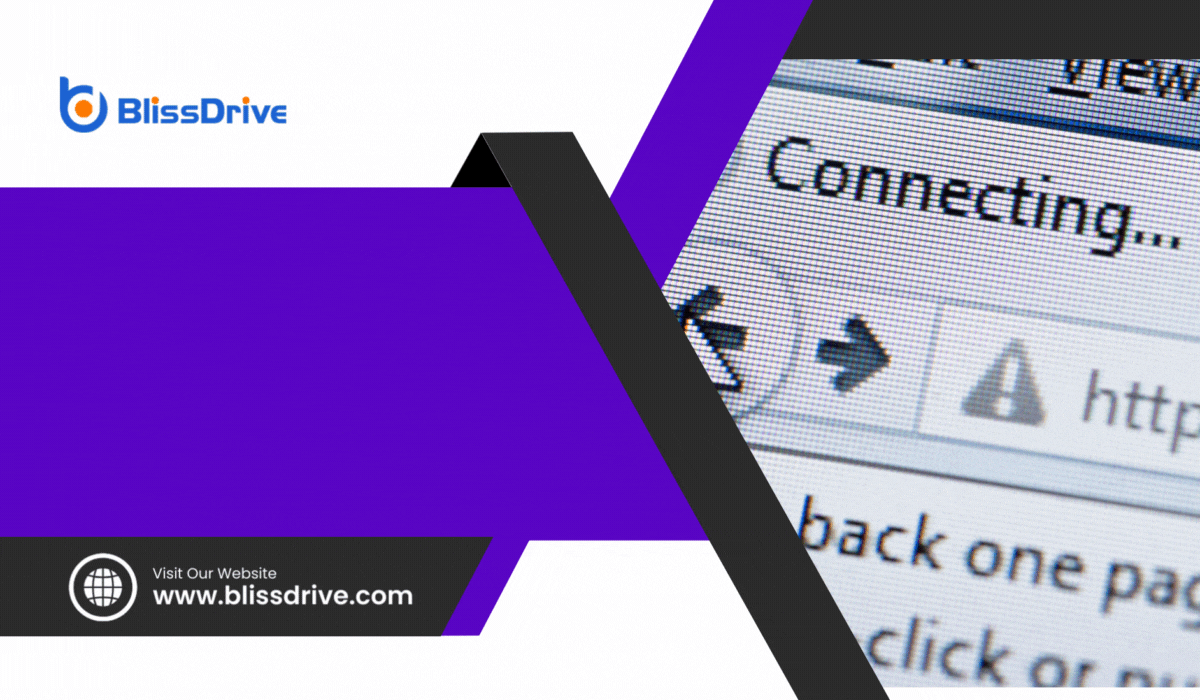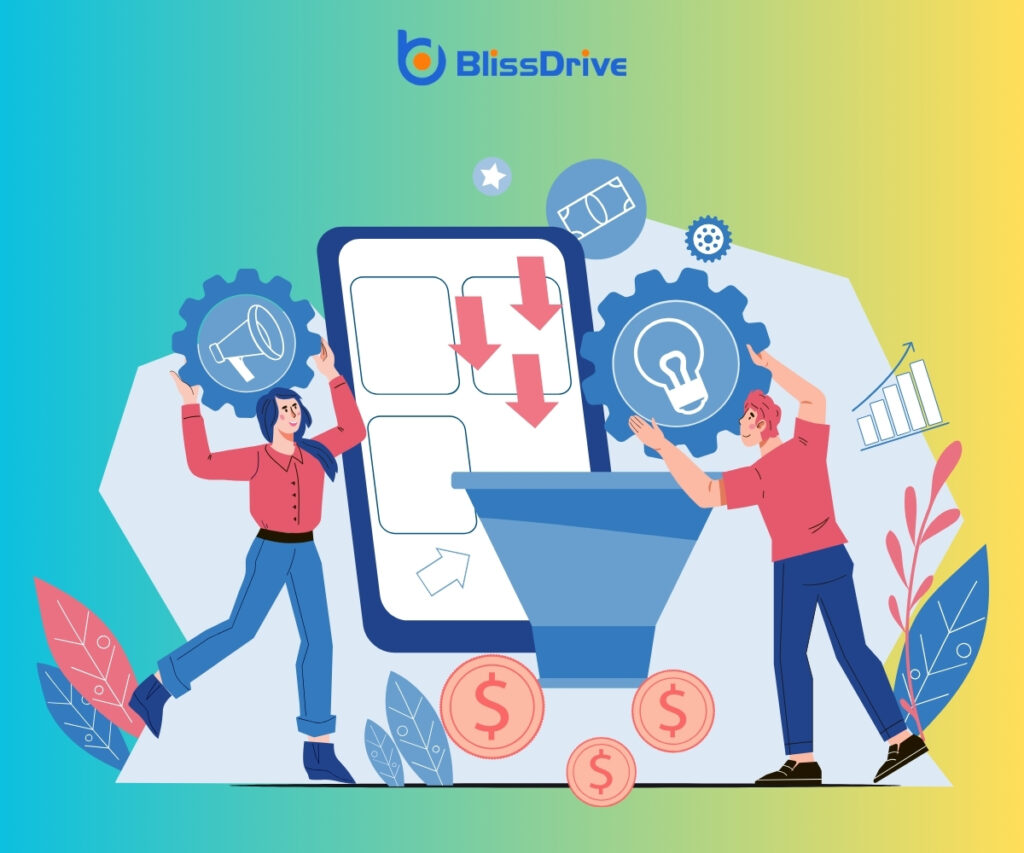Digital Marketing Services
Learn More About Us

Your website's speed is not only a technical statistic; it is an essential component of your business's success.
It's the first factor that potential customers encounter when they visit your website. A lag in the loading speed can frustrate visitors and affect many parts of your business. This includes:
In this post, we will discuss how these factors hurt your website’s bottom line. Understanding and addressing these factors will enhance your online presence. Let’s learn how!
Website speed serves as visitors' first impressionWhen an ad is displayed on a user’s screen.. Slow loading times can immediately frustrate visitors, leading to higher bounce rates.
In fact, 40% of online users will abandon a website that takes longer than three seconds to load. This poor initial user experience reduces the chances of visitors returning.
Users are less likely to explore further if the initial page is slow to load. This limits their interaction with the site’s content, leading to an increase in bounce rateThe percentage of visitors who leave a website after viewing only one page..
Search engines like Google use page speedThe time it takes for a webpage to load, affecting user experience and conversion rates. as a ranking factor. According to Google, a faster website provides a better user experience. The algorithms will rank slow sites lower in the SERPs. If your site has the same issue, it might also experience a drop in the rankingsThe position at which a website appears in the SERP..
This will make it harder for potential customers to find your business.
Slow websites will also have high bounce rates as users are more likely to leave a page before it loads. High bounce rates signal to search bots that the website might not be relevant or valuable. This would further impact rankings.
A slow-loading website can also affect how search engine bots crawl and index your site. The bots have a crawl budget. And if your site is slow, they may be unable to index your pages. They might also skip crawlingThe process by which search engines discover new and updated web pages to index. some of your content altogether.
This can leadA potential customer referred by an affiliate who has shown interest in the product or service but h... to incomplete indexingThe process of adding web pages into a search engine's database. and reduced search visibility.

Even a one-second delay in page load times leads to a 7% reduction in conversions.
A slow load time frustrates the users and reduces their satisfaction with the brand. Moreover, sluggish websites hinder user engagementThe level of interaction and involvement users have with social media content. and interaction with content. This leads to fewer explored pages and a lower chance of discovering new products.
Speed is a key factor for e-commerce sites, in particular. Many consumers have a habit of impulse buying. However, slow load times give them more time to rethink their shopping decisions.
This often leads to cart abandonment and lost sales.
When a site fails to load quickly, it can make a business appear unprofessional. Users often equate a website's performance with the quality of its services or products.
A sluggish website makes them assume that the company lacks diligence or resources.
This poor first impression is hard to reverse. It usually deters potential customers from engaging further.
Additionally, a fast-loading speed is a basic expectation of the users in this digital age. They become frustrated when they encounter slow websites.
This frustration can spread through word of mouth or negative reviews online. This can further damage your reputation in the digital and physical world.
More than 95% of users access the internet via smartphone and tablet. A slow-loading website can hamper the user experience on these devices, causing frustration. It also leads to high bounce and abandonment rates.
Speed is a key expectation for mobile users who need quick access to content on the go.
Mobile users are also less likely to wait for slow content to load. This impacts your site's conversion rates and user satisfaction.
To check website speed and ensure optimal performance, follow these strategies:
Boosting website speed is key to success online. It improves user experience, boosts conversions, and enhances brand trustThe confidence consumers have in a brand's reliability and integrity.. Regular optimization ensures competitiveness in the digital market.
Discover where you stand against the competition with Bliss Drive's Competitive Analysis Service. Let us help you outsmart your rivals and climb the search engine rankings!
